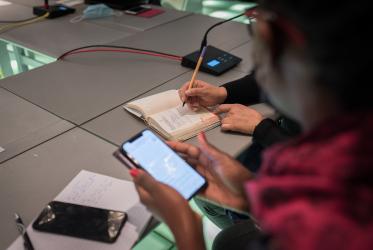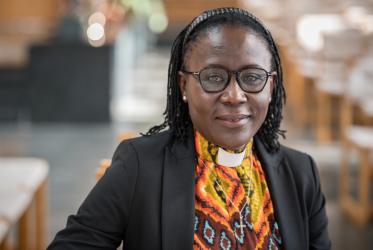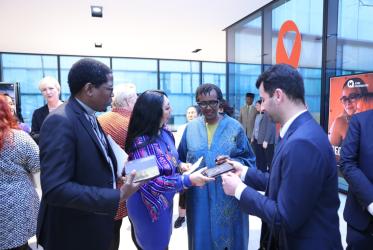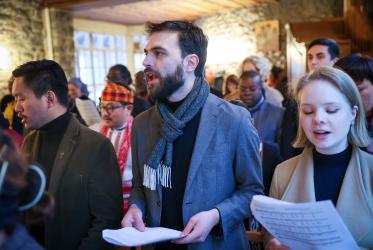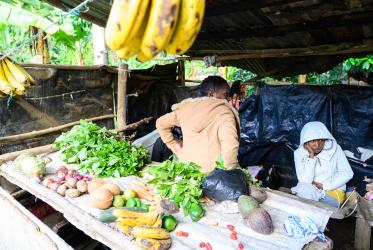Displaying 81 - 100 of 1010
WCC interreligious journal focuses on “healing wounded memories”
16 February 2023
Students from 19 countries complete ecumenical studies in Bossey
31 January 2023
HIV and AIDS Civil Society Networks and the Faith Sector
Lessons Learnt from Strategic Engagement in India, Dominican Republic, Indonesia, and Jamaica
31 January 2023
Pandemic and pedagogy: what are the valuable lessons?
21 December 2022
On World AIDS today, tackling inequalities is a matter of justice
02 December 2022


